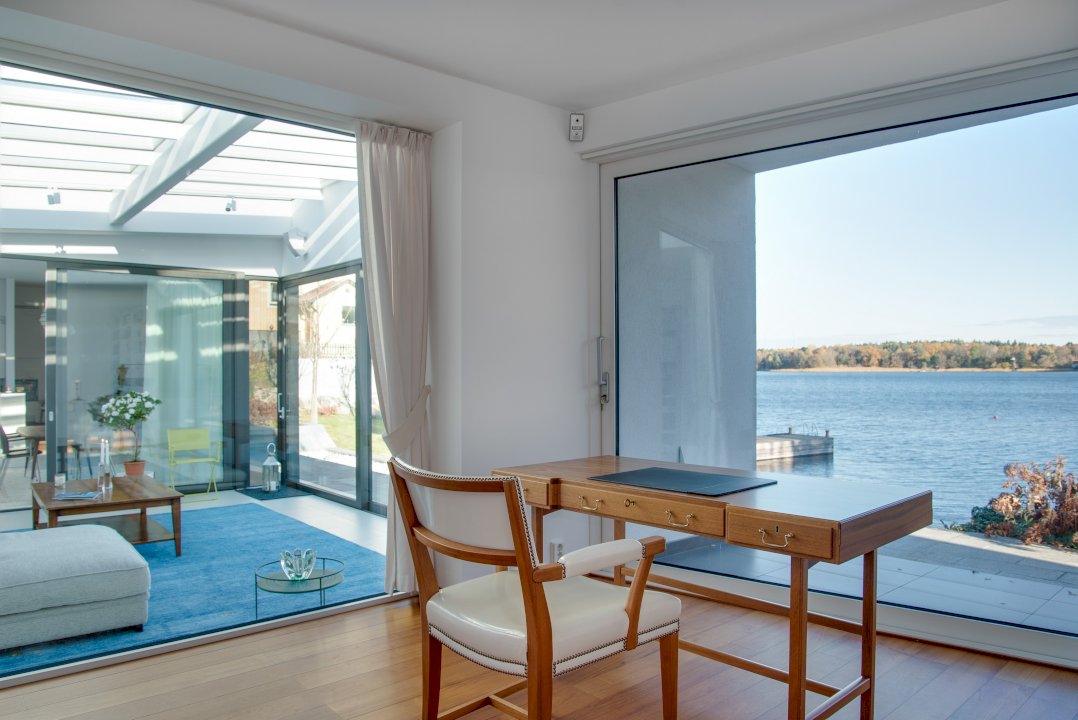
Maritime property, although attractive for investment, requires careful consideration and strategic planning. In addition to being a natural treasure of the Republic of Croatia, the regulations surrounding it have been put in place to ensure its preservation for future generations.
If you decide to embark on this adventure, we recommend that you work with professionals who can provide all the necessary information and guide you through all stages of the process. With proper management and compliance with all legal provisions, your project on the maritime domain can be successful and beneficial, both for you and for the local community and the environment. In this article, we will cover the basics of the legislation governing maritime property, with particular emphasis on the issues most important to those considering investment or construction near the coast.
Definition of maritime property and its importance
The Republic of Croatia defines maritime assets as general assets of special interest to the state. This includes the sea coast, sea surface, breakwaters, piers and many other areas that are in direct contact with the sea. This definition lays the foundation for all further legal regulations related to the use and construction of maritime property.
Given its importance for the preservation of natural resources and cultural heritage, the law strictly regulates the activities that can be carried out on these areas. At the same time, considering the attractiveness of such locations, especially for tourism and hospitality, many individuals and companies express interest in investing in these areas.
Any type of construction or intervention on the maritime domain requires an appropriate permit. The process of obtaining a permit can be demanding, because in addition to standard building regulations, there are a number of additional conditions that must be met.
It is a key recommendation for anyone considering construction to consult with real estate and legislative experts to ensure that all aspects of the project comply with applicable regulations.
Concession on maritime property
Concessioning is the granting of the right to use a certain part of the maritime property for a certain period of time. This right can include a number of different activities, such as setting up umbrellas and sunbeds, exploiting mineral resources or setting up temporary structures.
The procedure for awarding a concession includes an assessment of all potential impacts on the environment and the community, and the concession is awarded only if it is assessed that the activity will not harm the environment or the common good. It is important to note that concessions are granted for a certain period, and after the expiration of that period, the right of use is returned to the state.
Maritime property and its legal regulations are a complex subject that requires careful planning and understanding of the rules. Considering its importance and sensitivity, it is important to comply with all regulations and laws in order to preserve the natural and cultural heritage of Croatia.
Tips for investing and building on maritime property
If you are considering investing or building in an area that is categorized as a maritime asset, there are some key tips that you should consider:
Consult with experts: Before making any decision, it is important to consult with lawyers, urban planners and real estate experts who specialize in maritime property.
Familiar with local regulations: Each local unit may have additional regulations or conditions related to the construction or use of maritime property. Find out about the specifics of the area in which you plan to invest.
Plan in advance: The process of obtaining all the necessary permits and concessions can be lengthy. In addition, there may be certain time limits or seasonal restrictions when construction is prohibited.
Environmental and cultural heritage preservation: Since maritime assets are of special interest to the state, every project should take into account the need to preserve natural resources and cultural heritage.
Financial planning: In addition to the standard construction or investment costs, there are a number of additional fees and charges related to the use of maritime property. Make sure all these costs are included in your financial planning.